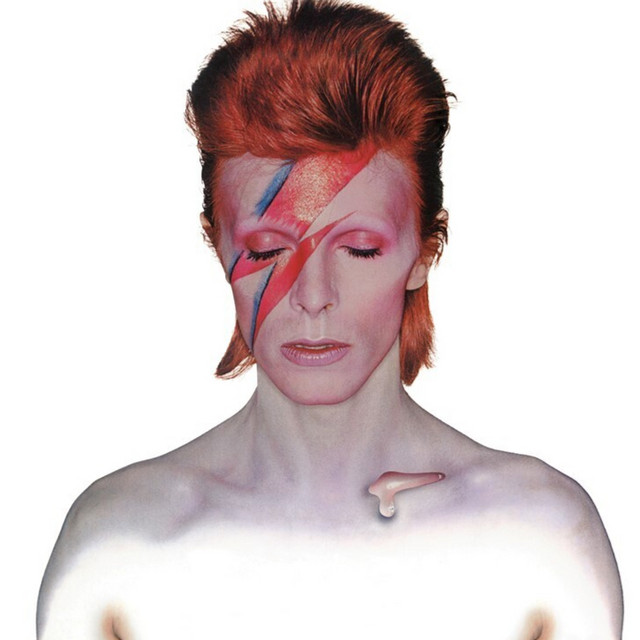David Bowie, an icon of innovation and reinvention, left an indelible mark on the world of music, fashion, and culture. As we reflect on the day he departed in 2016, his legacy stands as a testament to artistic courage and boundless creativity.
Born David Robert Jones on January 8, 1947, in Brixton, London, Bowie’s journey began as a mod-rocker before morphing into the glam rock Ziggy Stardust. His chameleon-like ability to adopt various personas allowed him to transcend genres and captivate audiences in a way few artists can claim.
The early 1970s saw the birth of Ziggy Stardust, a flamboyant androgynous alter ego that catapulted Bowie to stardom. The concept album “The Rise and Fall of Ziggy Stardust and the Spiders from Mars” not only showcased Bowie’s musical prowess but also introduced a character that would become iconic.
– Advertisement –
Beyond his musical evolution, Bowie embraced acting, leaving an indelible mark on cinema. His role as the extraterrestrial Thomas Jerome Newton in Nicolas Roeg’s “The Man Who Fell to Earth” demonstrated his multifaceted talents. Bowie seamlessly moved between music and acting, solidifying his status as a true Renaissance artist.
The 1980s brought the enigmatic “Thin White Duke” and Bowie’s foray into electronic music with the groundbreaking album “Low.” Collaborating with Brian Eno, he ventured into experimental territory, creating a sonic landscape that defied conventional expectations. “Heroes” and “Lodger” completed the Berlin Trilogy, showcasing Bowie’s resilience and ability to innovate.
As the ’80s progressed, Bowie continued to reinvent himself with the commercial success of “Let’s Dance.” The album’s title track and “Modern Love” became anthems of the era, while the accompanying videos showcased Bowie’s charismatic stage presence. Despite the mainstream success, Bowie’s artistic integrity remained intact.
The ’90s witnessed Bowie exploring alternative and industrial sounds with albums like “Outside” and “Earthling.” His collaboration with Trent Reznor on “I’m Afraid of Americans” demonstrated his continued relevance in an ever-changing musical landscape. Bowie’s ability to adapt and experiment without losing his essence set him apart.
Beyond the music, Bowie’s impact on fashion and culture is immeasurable. From his androgynous Ziggy Stardust era to the sleek, sophisticated Thin White Duke, Bowie challenged societal norms and encouraged self-expression. His influence transcended the stage, inspiring countless artists to embrace their uniqueness.
– Advertisement –
In 2013, Bowie surprised the world with “The Next Day,” an album released after a decade of relative silence. The haunting “Blackstar” followed in 2016, released just days before his death. Unbeknownst to the public, Bowie had been battling liver cancer, turning his final works into a poignant farewell.
“Blackstar” stands as a powerful testament to Bowie’s artistic vision, a complex and introspective exploration of mortality. The title track’s haunting lyrics and avant-garde jazz influences showcased an artist unafraid to confront his own mortality, even in his final moments.
David Bowie’s passing on January 10, 2016, left a void in the musical landscape. However, his legacy endures through the timeless nature of his work and the countless artists he influenced. From the Ziggy Stardust era to the Thin White Duke, Bowie’s ability to evolve and inspire remains unparalleled, ensuring that his star will continue to shine brightly in the celestial tapestry of musical history.
– Advertisement –










